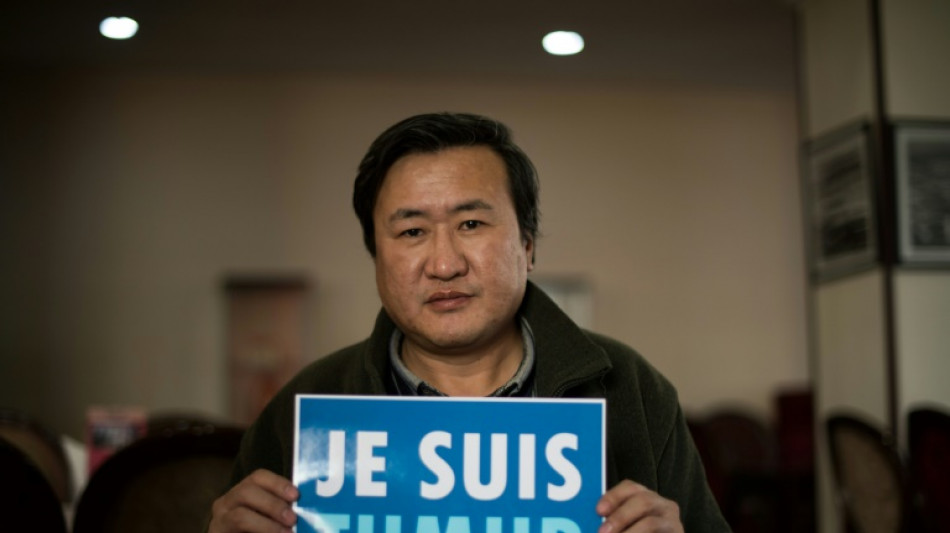
RBGPF
0.0000


A prominent anti-China activist has been arrested in Mongolia, part of what campaigners have said is a wider effort to "clean up" Beijing's critics in the country.
Landlocked Mongolia is dependent on mineral exports to its giant neighbours, Russia and China, but there have also been protests in the capital Ulaanbaatar over Beijing's language policy in Inner Mongolia.
Critics of the policy in the Chinese border region -- home to an estimated 4.5 million ethnic Mongolians -- say it mirrors moves in other areas such as Xinjiang and Tibet to assimilate local minorities into the dominant Han culture and eradicate minority languages.
Munkhbayar Chuluundorj was arrested Friday in Ulaanbaatar on suspicion of "receiving instructions and funds from a foreign intelligence group", the country's spy agency said.
The General Intelligence Agency (GIA) said he had "engaged in illegal cooperation activities" but gave no more details.
Campaigners said they suspected Munkhbayar's comments on China had brought him under official scrutiny.
In Facebook posts, he recently called for the Mongolian prime minister to resign over his close relationship with Beijing, saying "our nation's independence will be lost and all citizens of Mongolia will become slaves of China".
Footage of the arrest published by Mongolian outlet Eguur News showed a man being led away by armed police down a shop-lined road.
Visits from relatives are being denied and a closed-door trial is being held, the Southern Mongolian Human Rights Information Centre, an overseas NGO that advocates for ethnic Mongols, quoted his brother Munkh-erdene as saying.
The NGO said Munkhbayar is "one of the most vocal critics of the Mongolian government's cosy relationship with China".
Munkhbayar has "defended Inner Mongolian human rights, culture, history and land rights", according to Baljinima Bai, a language rights advocate originally from Inner Mongolia.
"Mongolia has started to 'clean up' these people... who oppose China," he told AFP.
Bai said he had also been summoned for questioning by the GIA in relation to Munkhbayar's case.
Inner Mongolian activists in Mongolia say they have faced threats and intimidation from authorities after a widespread protest movement against Chinese-language curriculum reforms across the border was met with a harsh police crackdown.
Activists also say China has pressured Mongolia to deport Inner Mongolian political refugees back to the country.
L.Coleman--TFWP